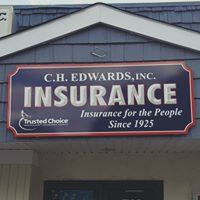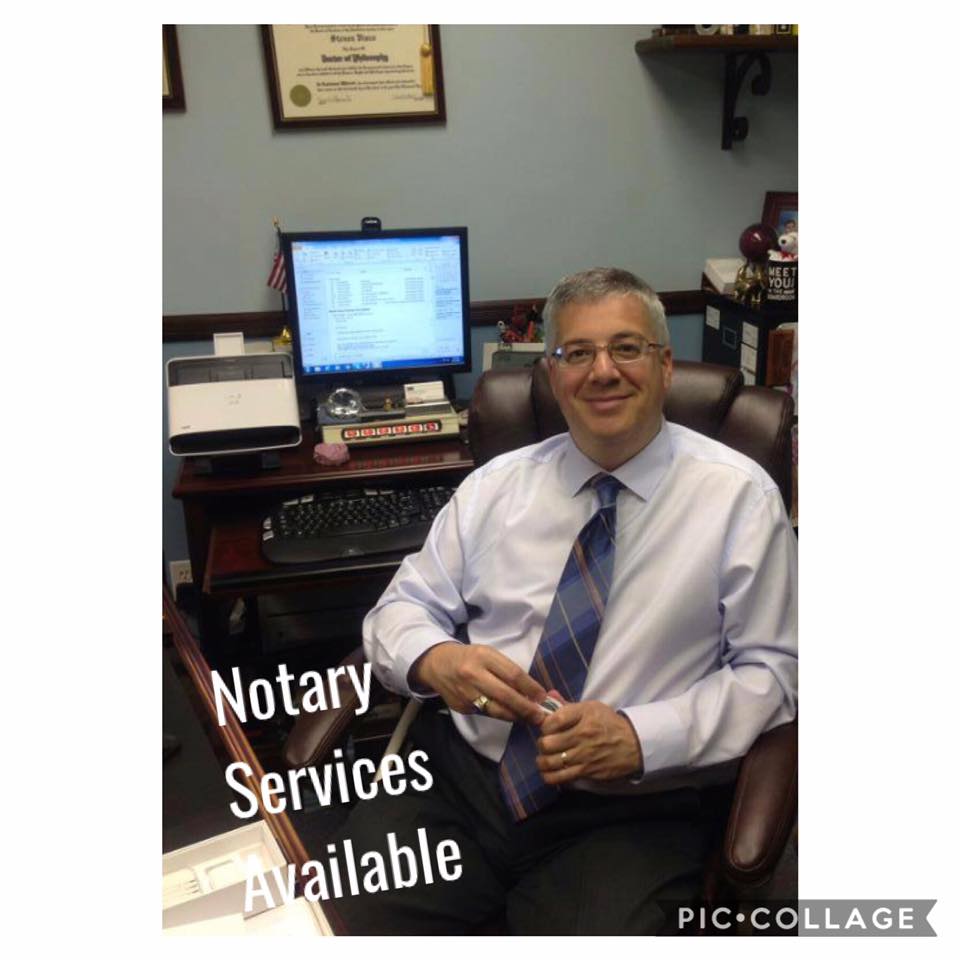Fireworks and celebrating the Fourth of July Holiday Safely
This year fireworks season started early. Non-professionals have been using fireworks for a long list of reasons. Local authorities will be on heightened alert due to this so please proceed cautiously if you decide to use fireworks this holiday and keep our pets and people with special needs in mind.
Using fireworks on the Fourth of July is a tradition. Many people forget though, that fireworks can be very dangerous if used or handled incorrectly. Every year, hundreds of people including small children are injured due to unsafe firework use. This year celebrating our Independence can be safe if a few common-sense rules are followed:
- Have a designated shooter to organize and shoot all the fireworks.
- A responsible ADULT should be supervising all firework activities as well as keeping an eye on children.
- Guardians should not allow young children to handle or use fireworks.
- Drinking while shooting fireworks is NOT a good mix. Save the alcohol for after.
- Use fireworks outdoors where there is a clear area. Keep away from trees, cars and houses.
- Do not carry fireworks in your pockets; this could cause a serious injury.
- Wear safety gear while lighting and shooting fireworks. Safety glasses, safety gloves, a long-sleeved shirt, and long pants will help prevent burns.
- Always have water available and ready when you are using fireworks in case of a fire.
- Never relight a “dud” or already used fireworks. Wait 20 minutes and then soak it in a bucket of water.
- Soak used fireworks with water before placing them in your outdoor trash can.
Ensure your safety as well as others around you, by simply observing local laws and using good judgment and common sense.
As a reminder, the use of fireworks by an amateur is illegal in The State of New York. If you are using fireworks and cause damage to yourself or your property, this will not be covered by your homeowner’s insurance.
- If the damage is caused to your property by another person’s fireworks, there is coverage for this event on your Homeowners policy.
- Sparklers and party poppers are considered legal fireworks and damage to your property would be covered in the event of this accident.
Have a Happy and Safe 4th of July holiday from our C.H. Edwards, Inc. Family to yours!
by Denise Visco





